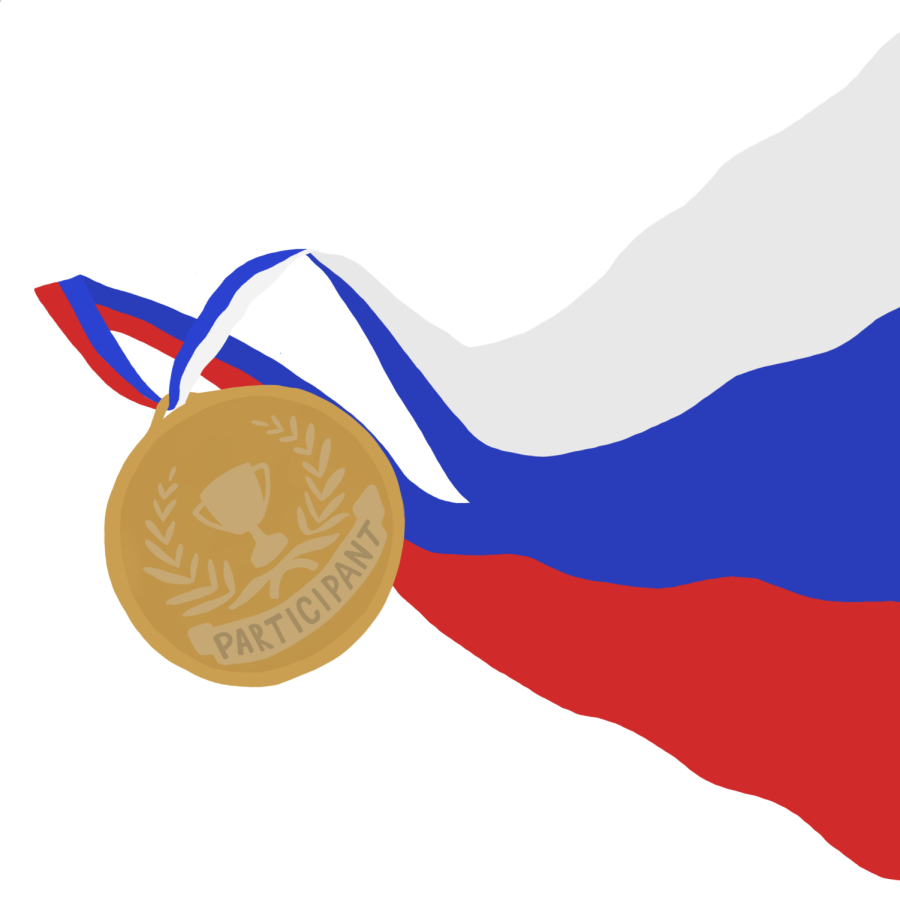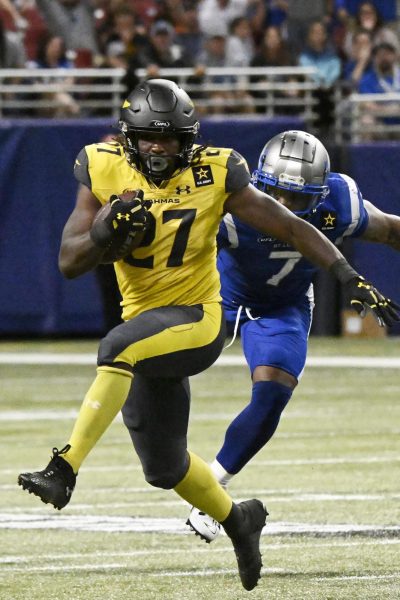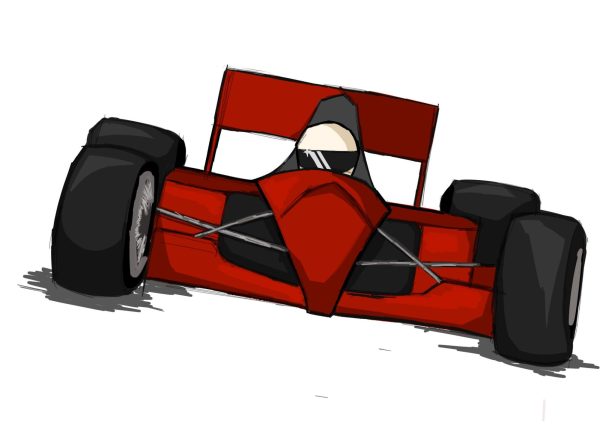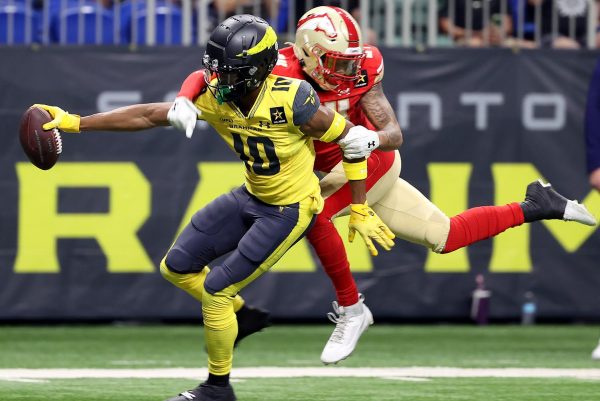War on a different field
Some may question why countries are taking what would call the symbolic step of banning Russian athletes from competition. It is more than just a symbolic step, however, sports has long been used as a tool to legitimize the agendas of authoritarian regimes and improve their national image, by denying Russia the stage to push that agenda, we deny them the opportunity to ever justify their actions.
March 8, 2022
On Feb. 24 the Russian military launched an invasion into the sovereign land of Ukraine in attempts to take over the country and claim it as their own. Belarus, denoted as “the other aggressor in this war” by European Union President Ursula von der Leyen, provided their land bordering Ukraine to Russia as a staging ground for the war, as it was the origin of the invasion into the country.
In response, several sports organizational bodies made the executive decision to suspend Russian and Belariusan teams and players. Soccer clubs and national teams from Russia are suspended from FIFA and UEFA competitions. Formula One’s Haas team terminated the sole Russian driver in the league and cut ties with their Russian sponsor Uralkali. The Russian and Belarus Tennis Federations are suspended from international team competition; players can continue to compete, but not under the Russian or Belarusian flag. The Summer Olympics has banned all athletes, sports personnel and officials from Russia and Belarus. The International Paralympic Committee allowed Russian and Belarusian athletes to compete, however, they will be represented as neutrals for the ongoing Winter Paralympics in Beijing. Additionally, World Rugby suspended both countries from activities and the International Ice Hockey Federation suspended all Russian and Belarusian national and club teams.
Furthermore, several events set to take place within Russia have been canceled or relocated to other countries. The UEFA Champions League final will no longer take place in Saint Petersburg, the Formula One Russian Grand Prix in Sochi is now canceled and any home games for the UEFA Europa League will now be hosted in neutral venues.
The actions of these sporting bodies have presented a united force to condemn the Russian-led war into Ukraine. However, many people recant these actions promoting a debate over a few questions: Is this fair to Russian athletes? And should sports involve themselves in politics?
Many of these individuals had no part in the plans formulated by the Russian leader and his oligarchs, so why should they get the brunt of this when they had no part? This is a very difficult situation and many of the sporting organizations took this into consideration when formulating their reactions to the historical events taking place. Many chose to continue to let athletes play; however, they would not represent or fly the flag of a nation that is committing war crimes against innocent civilians of another land. Although these athletes did not start the war, the international sporting community recognizes the white, blue and red flag they stand for is currently tainted with the actions of their leaders, so it would not be right or just for sporting events to simply continue on like no atrocities have been committed. Additionally, the removal of sporting events from Russia is not only an economic blow to the country, but also provides a unified stance by the international community that they will not participate in the war that the Kremlin needlessly started.
Many people who pose this question see sports as a way to get out of the headspace of the world around them, a retreat from politics and problems, so in their mind, it is best that the two entities remain separate. However, to fully answer this question it’s best to look at the historic context of many international sporting events. These events have always been an outlet for debating without the use of warfare or even being the avenue of residual conflict left to battle on a different field. Historical feuds continue and result in a sort of “warfare,” like the intense cricket games between India and England during the colonization of India, as well as the harsh rugby matches between England and Ireland as a result of the dynamic between the two countries. Sports and politics are intertwined. It’s easy to get lost in the “it’s just a game” mentality, however, that often isn’t the case and that is recognized by these sports organizations’ actions.
Currently, this crisis has caused thousands of deaths and more than a million people to flee Ukraine as others are forced to hide in makeshift bomb shelters or take up arms to maintain control over their sovereign land against Russian invasion. These events have quickly escalated to be a major humanitarian crisis that affects millions of innocent civilians. Although these sporting organizations cannot do much to stop the war happening on the grounds of Ukraine, they have provided a unified front against the Russian and Belarusian onslaught through their own means, proving that the international community stands with Ukraine during their current battle to retain their sovereignty. This may be sports, but it has never been just a game.
Don’t agree with this article? Send your counter-opinion to [email protected].










